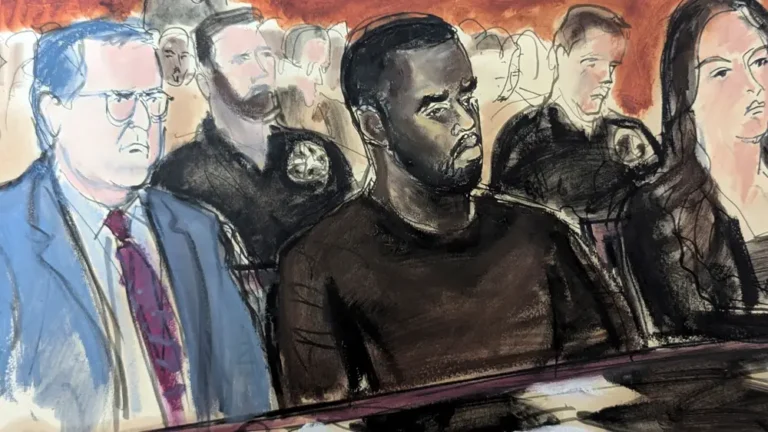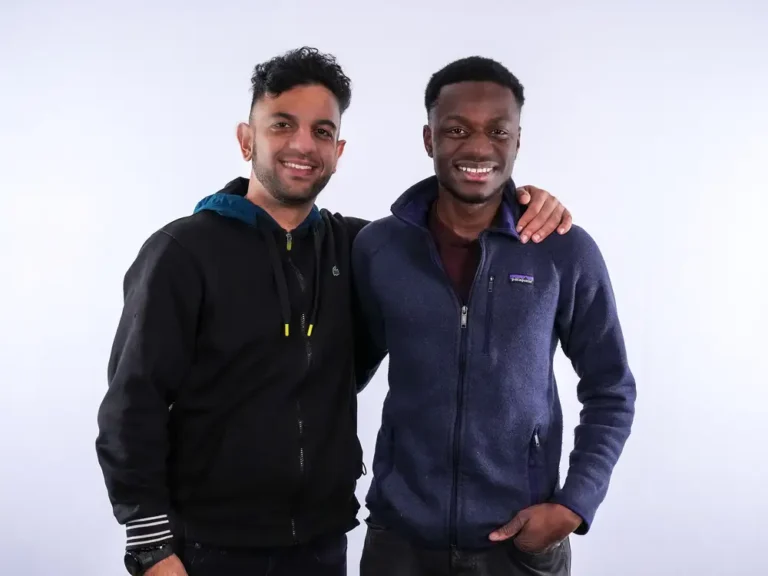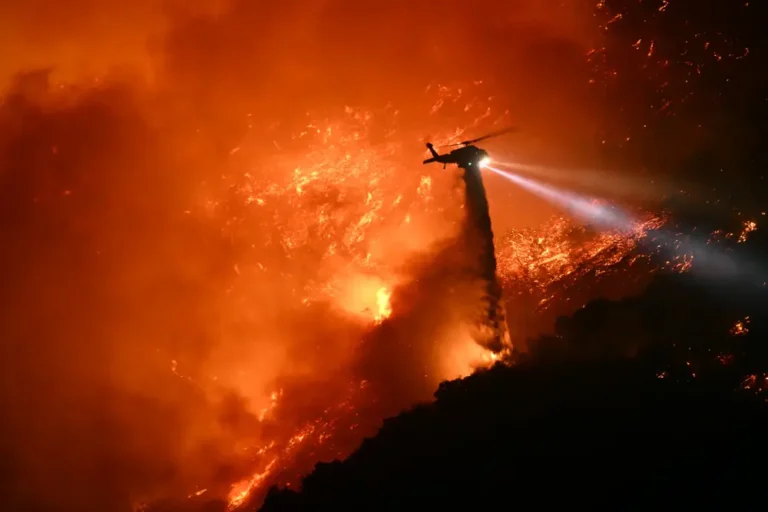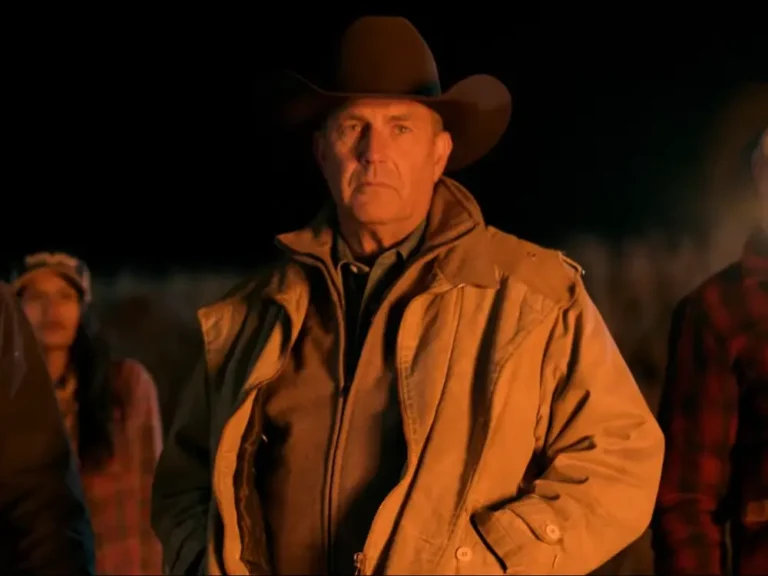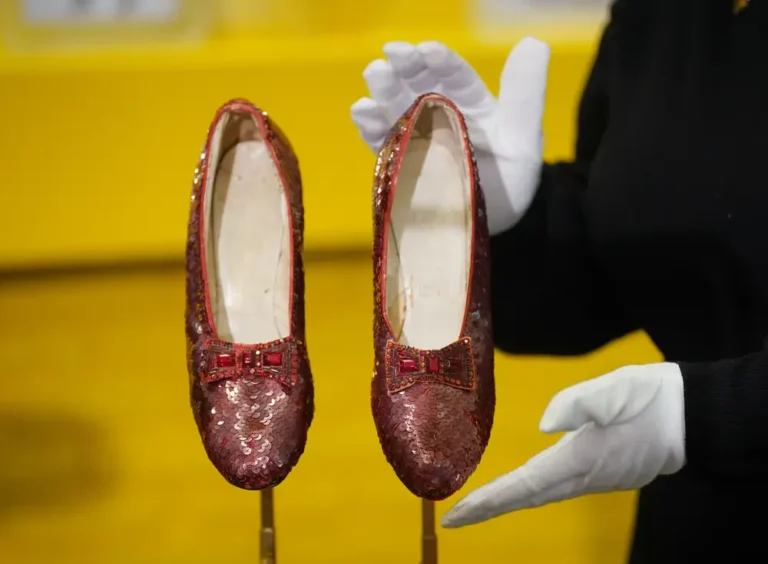Inside Coca-Cola’s marketing strategy as the longest-standing Olympic partner, from reaching Gen Z to sponsoring athletes like Simone Biles
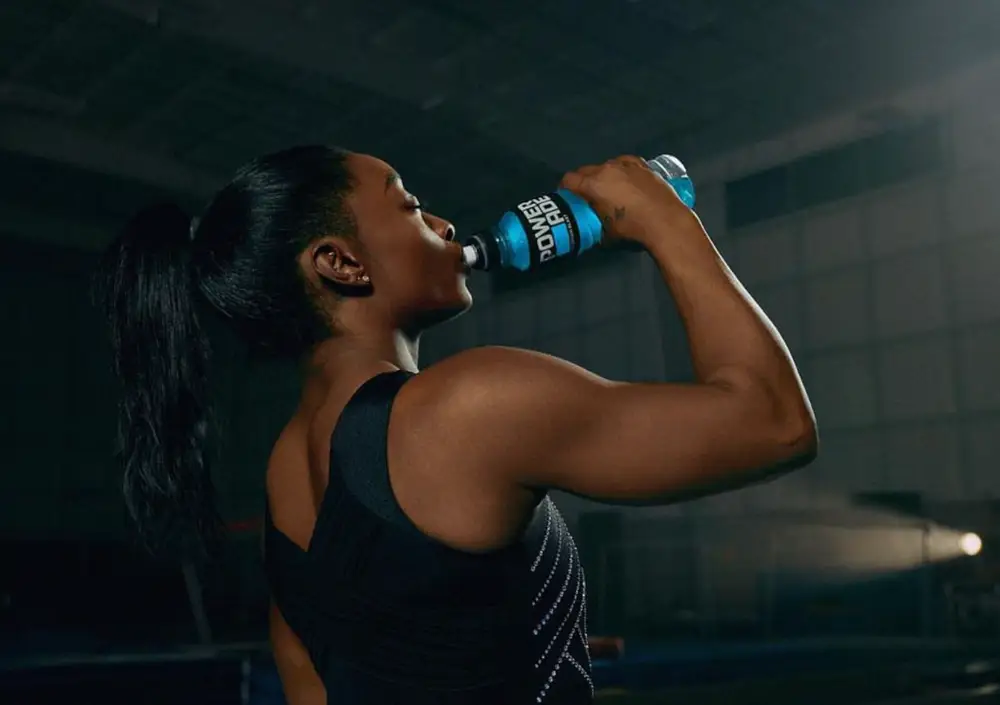
Gymnast Simone Biles stars in Powerade’s 2024 Olympics campaign.
The Coca-Cola Company is leveraging the 2024 Paris Olympics to connect with Gen Z as it approaches 100 years of sponsoring the Games.
Known for brands like Coca-Cola, Sprite, Smartwater, Costa Coffee, and Powerade — the official sports drink for the 2024 games — the beverage giant is the longest-standing partner of the Games and has evolved its Olympics strategy over the years to stay relevant globally.
B-17 spoke with three Coca-Cola executives about how the company uses sports marketing to engage audiences around the world, including younger and diverse demographics.
For the Paris Games, Coca-Cola lined up a diverse roster of athletes, tapped into newer sports, and held concerts and fashion shows in part to reach Gen Z, said Brad Ross, the company’s vice president of global sports and entertainment.
“Everything that we do is about making sure that we’re relevant to the youth,” Ross said. “That’s critical for us. So the way that we formulate the campaigns, the type of targeting that we do, the actual experiences that we build, and the way that we bring a holistic approach to this is with them in mind.”
As an official Olympic sponsor, the company has participated in conversations with the International Olympic Committee about what sports will be included in the games and how to make them more youthful and relevant. For example, breakdancing, also known as breaking, is making its debut in the Games this year. It is one of several newer sports, including BMX freestyle, skateboarding, and sports climbing, that have been added recently and were part of a new urban qualification series for Paris.
Coca-Cola has tapped into some of these sports by including athletes like climber Brooke Raboutou and skateboarder Jordyn Barratt in its North America campaign, alongside household names like gymnast Simone Biles and swimmer Katie Ledecky.
In Paris, Coca-Cola organized six free concerts to appeal to younger audiences during the 2024 Olympic Games and Paralympic torch relays. The concerts featured 17 new-generation French artists, such as Bianca Costa, Lujipeka, and Chilla.
“The work we’re doing on the music side is with that exact thing in mind to continue to be as relevant as we can to our youth Gen-Z market and to give them experiences and opportunities like never before,” Ross said.
The company also partnered this year with Olympian Angela Ruggiero and others on a fashion show to celebrate strides in gender equity in the Games.
Though the company said it considers Gen Z when creating campaigns, its Olympics marketing caters to all audiences.
“The values that come with the Olympics and what our campaign stands for are not age discriminatory at all. It’s about being human,” Ross said.
Coca-Cola has evolved its marketing strategy over its nearly 100 years of partnering with the Olympics
Coca-Cola has been part of every Olympic Games since 1928 when it started providing beverages to the US Olympic team, said Sarah Rice, senior director of archives at The Coca-Cola Company. It still does that today — its Costa Coffee will be available for athletes in the Olympic Village, for example. But its sponsorship approach has also evolved since then and the company has become a staple of the Games.
To reach audiences, the company is working with athletes from all over the world, including South Africa, New Zealand, France, India, and the US. Some of these athletes include track and field runner Athing Mu and US soccer player Alex Morgan.
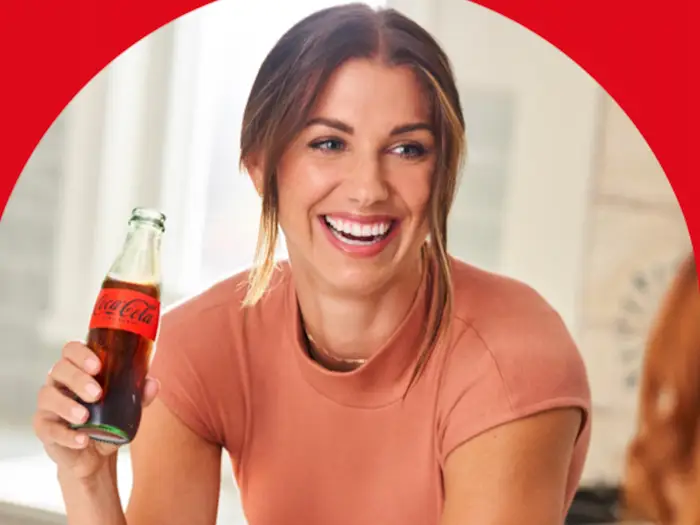
Alex Morgan smiling with Coca-Cola in her hand.
Cola-Cola chose the athletes it’s working with based on whether they share the same values as its campaign, “Celebrating Everyday Greatness.” The theme was designed to celebrate big and small moments that can make a difference. As such, Ross said an athlete doesn’t have to be a gold medalist or have a huge social-media reach.
“If you look at Team Coca-Cola for example, this year’s roster of 26 athletes from 16 different countries is the most diverse we’ve ever brought together and includes 19 female athletes across both the Olympic and Paralympic Games,” said Manolo Arroyo, executive vice president and global chief marketing officer at The Coca-Cola Company.

